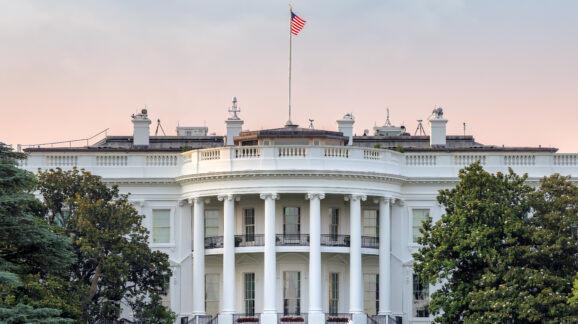White House Finally Releases “Unified Agenda” on Upcoming Regulations, Signaling a Rise in Big, Costly New Regulations

Photo Credit: Getty
Today, at last, the White House released the fall 2022 Unified Agenda of Federal Regulatory and Deregulatory Actions, where federal regulators report on what they have planned for the year ahead and beyond. Specifically, it serves as the forum for departments and agencies to itemize proposed, final, and recently completed rules. Given the huge impact regulations have on businesses and citizens, it’s important to know what regulatory agencies are planning. Here is the initial take on the newly-released Agenda by CEI’s Wayne Crews, author of the annual Ten Thousand Commandments report on federal regulations:
- The big takeaway is that Joe Biden is returning economically significant regulations to pre-Trump heights of Obama and Bush — and probably exceeding those levels. The total number of rules in the pipeline deemed “economically significant” ($100 million in annual economic impact) is higher: it’s 332 compared to 295 last year.
- In the preamble of the Unified Agenda, the administration says it is planning to “continue delivering on the president’s agenda to advance economic prosperity and equity, tackle the climate crisis, advance public health, and much more.” This relates to the Biden “whole of government” approach that prioritizes climate change and social justice goals across all agencies and policies.
- The preamble also refers to new legislation on infrastructure and inflation that are sure to generate many more major rules.
Beyond the Agenda itself, Crews harbors fundamental concerns about how the Biden administration is handling regulations. For example, changing the function of the White House Office of Information and Regulatory Affairs (OIRA) from supervising new regulations to trying to identify net benefits (as the administration perceives them), as well as the “whole of government” mandate that advances a top-down progressive agenda. Crews urges Congress to reassert its role in overseeing the federal bureaucracy:
“Given the new pro-regulatory stance of OIRA – the only body charged with overseeing regulation – the 118th Congress should hold a series of hearings and inquiries into what is the rightful, statutory purpose of the Office of Management and Budget (and OIRA),” said Crews.